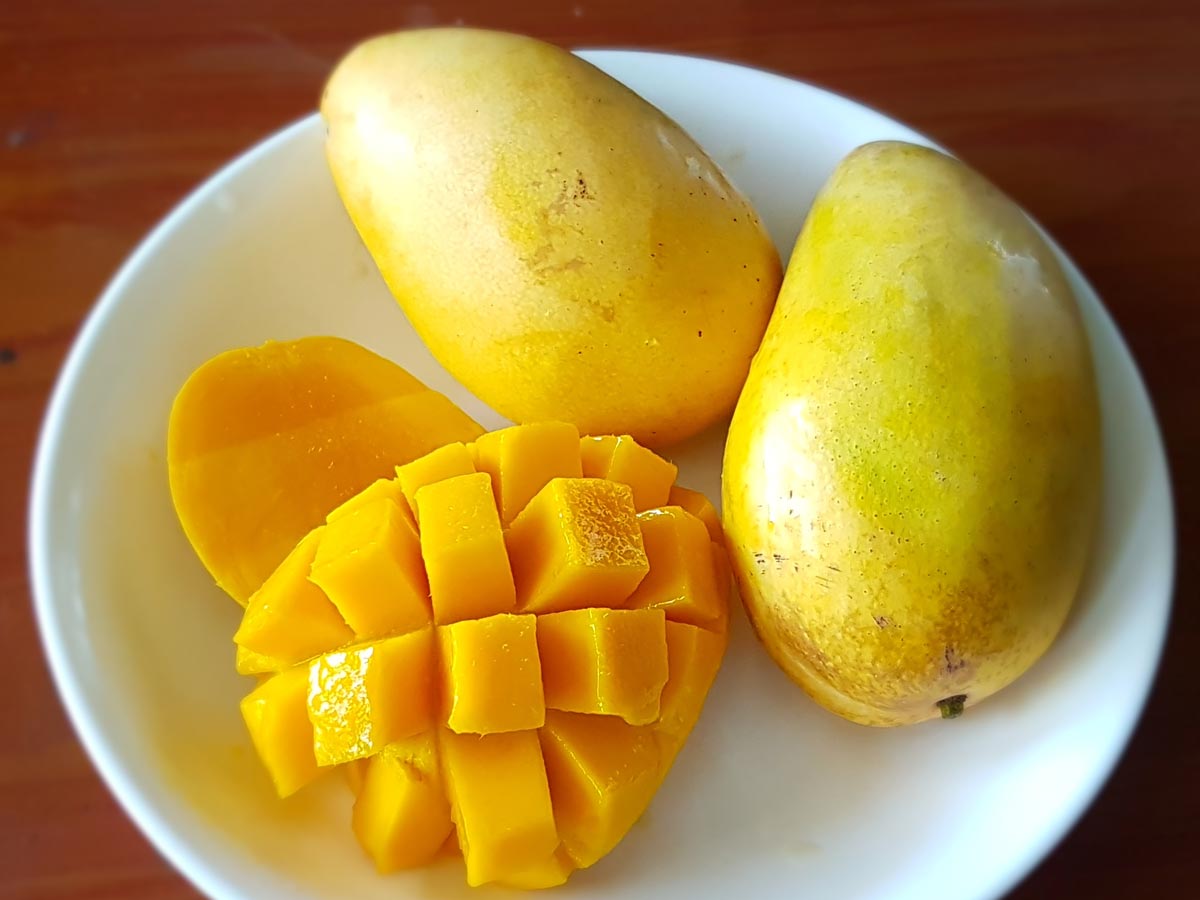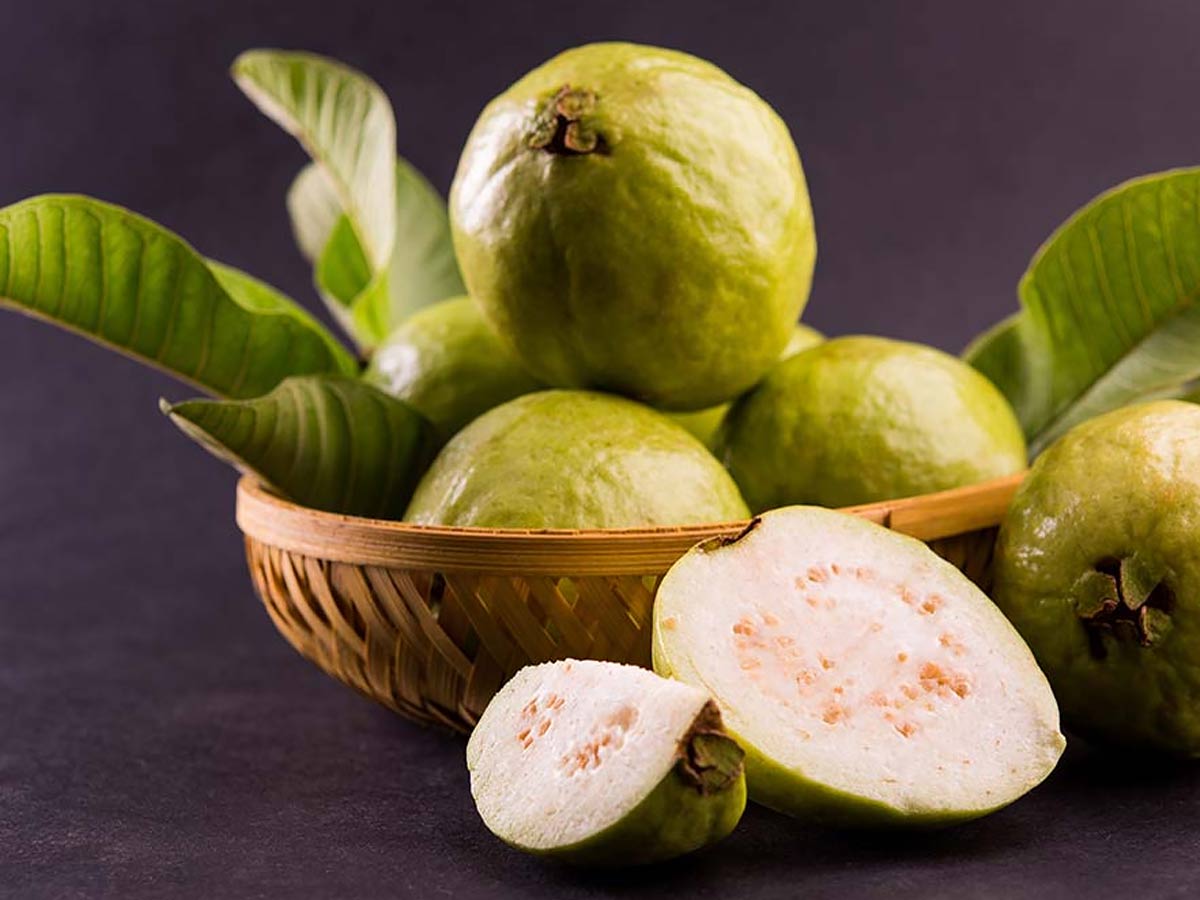Vitamin C (also known as ascorbic acid and ascorbate) is a dietary supplement present in various foods. Scurvy is prevented and treated with it. Vitamin-C is a nutrient that is needed for tissue repair and the enzymatic production of certain neurotransmitters. Did you know that there are many more foods that contain more Vitamin-C than a whole orange? Keep reading to find out more about these foods.
Vitamin-C is essential, particularly during the winter months. This humble Vitamin has a host of health benefits aside from ensuring the overall safe functioning of the body. Citrus and orange fruits are reputed to be the kings of Vitamin-C since they contain large amounts of Vitamin. A single orange is said to provide a large portion of your daily vitamin-C requirement. But did you know there are even more foods with more Vitamin-C than a whole orange?
Why we need Vitamin C?
Vitamin C aids in the growth and function of several body organs. It aids in the production of vital compounds (collagen L-carnitine and neurotransmitters) that aid in the function of your nerves, heart, brain, and muscles, as well as the production of energy by your body.
Vitamin C also aids in the restoration of antioxidants in the body. Antioxidants protect cells from injury, which can lead to disease. It also aids in the metabolization of protein and the absorption of iron.
Adults aged 19 to 64 require approximately 40 milligrams (mg) of vitamin C per day. You can easily get your daily value from your normal diet if you eat the right foods.
While vitamin C deficiency is uncommon, it may result in the disease scurvy. Scurvy symptoms include:
-
Tiredness
-
Sadness and irritability
-
Leg joint pain that is excruciating
-
Gums that are swollen and bleeding
-
Spots on the face that are red or blue
-
Your skin is prone to bruises.
Too much Vitamin C, on the other hand, can cause stomach pain and other digestive issues. However, since the Vitamin is not processed in your body, an overdose is not a problem.
Vitamin C has the following health benefits:
Healing Wounds
Vitamin C is needed for collagen biosynthesis, which is a protein that is a necessary component of connective tissue. As a result, Vitamin C plays a critical role in wound healing.
Immune System Function
Vitamin C aids in the immune system’s protection against illness and infection. A lack of vitamin C weakens your immune system and raises your risk of infection.
Bone, tooth, and cartilage preservation
Vitamin C aids in the repair and maintenance of healthy bones, teeth, and cartilage (the rubbery material that covers the ends of bones).
In people with osteoarthritis, vitamin C can also minimize the risk of cartilage loss.
Also read, MultiVitamins and Their Importance In Our Lives
10 High-Vitamin-C-Rich Fruits and Vegetables
Guava
While yellow and red fruits are often associated with high vitamin content, guava is an exception. According to the USDA, single 100-gram guava fruit contains more than 200mg of Vitamin C, nearly twice as much as an orange.

Pineapple
Pineapple is an underappreciated nutrient powerhouse with high vitamin C. Manganese. A mineral that is only present in natural foods is also found in pineapple, making it a perfect addition to the diet.

Strawberries
Strawberries are well-known for their antioxidant qualities, but they are also high in vitamin C. They contain significantly more vitamin C than a single orange.

Kiwi
If you’re looking for a nutritious snack or a way to add more ‘green’ to your diet, Kiwi is the way to go. One kiwi fruit holds up to 84mg of vitamin C and other essential vitamins such as vitamin K and E.

Mangoes
Mangoes are naturally rich in vitamin-C and beta-carotene, which aid in immune system function. Green mangoes are higher in vitamin-C than yellow or red mangoes.

Papaya
New papaya is best consumed as a salad or in the form of juice. If consumed fresh, half a papaya contains much more Vitamin C than a single orange.

Broccoli
Aside from being a healthy vegetable for general well-being, broccoli is also a perfect naturally occurring source of vitamin C, which aids in repairing damaged tissue and maintaining a strong immune system.

Kale
Kale has a variety of health benefits. It is rich in vitamins C and K. Kale juice is a delicious way to incorporate it into your diet, or it can be substituted for basil in pesto sauce.

Red and yellow bell peppers
Red and yellow bell peppers are high in antioxidants, which aid in maintaining eye and heart health. They are also rich in Vitamin C, which increases collagen levels and can help to prevent lung cancer.

Tomatoes
Tomatoes are the most abundant source of the antioxidant lycopene, linked to various health benefits, including a lower risk of heart disease and cancer. They are also high in vitamin C, potassium, folate, and vitamin K.


























